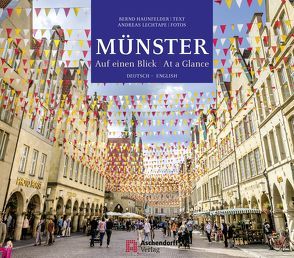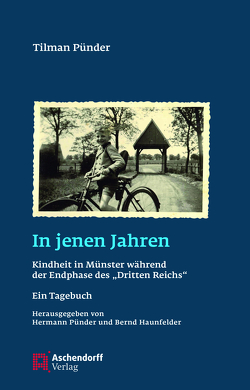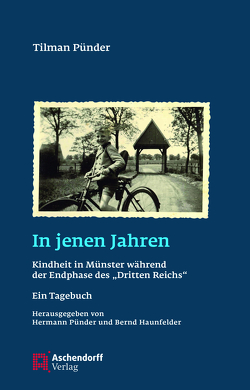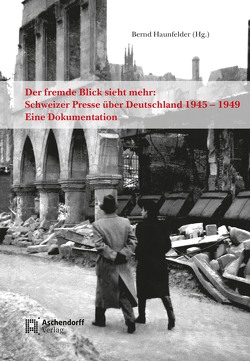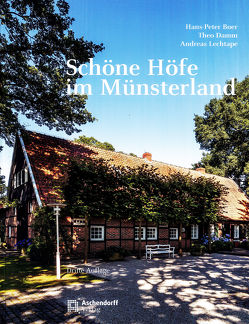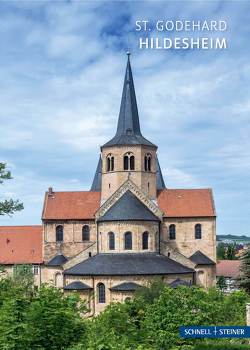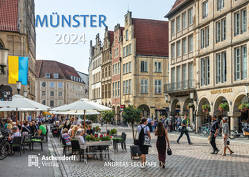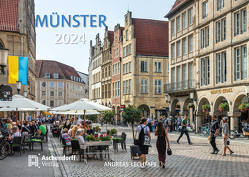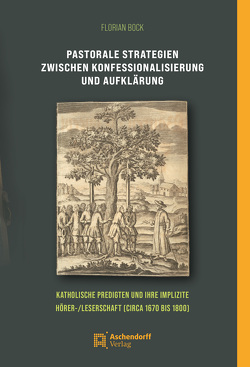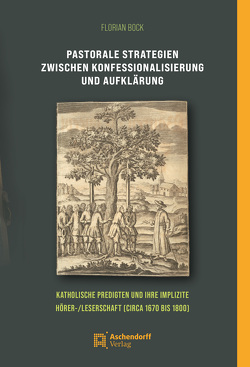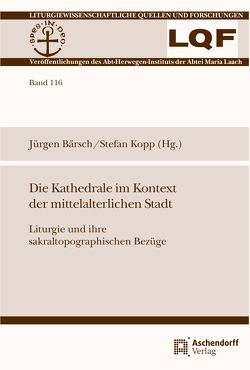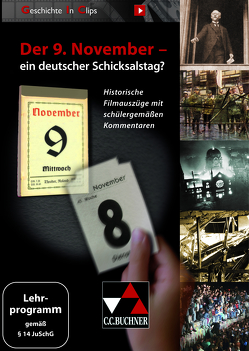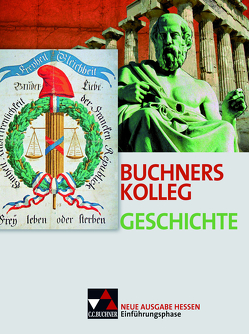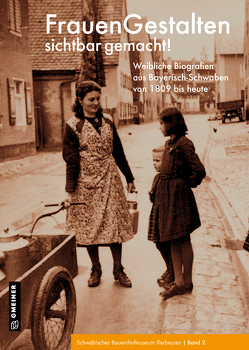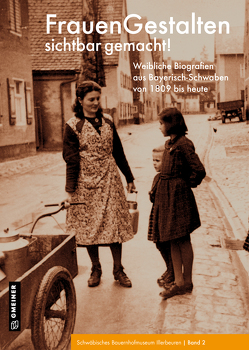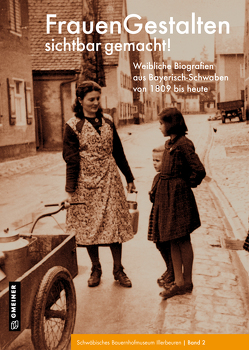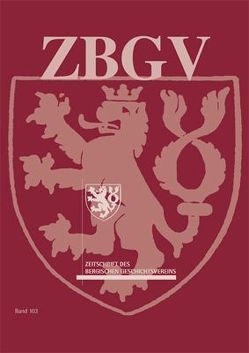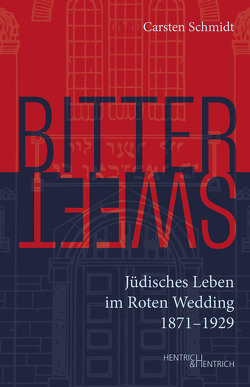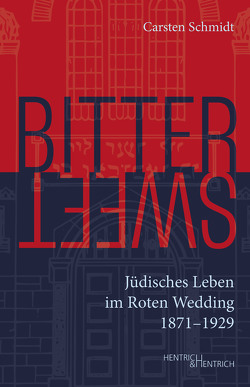Münster – Auf einen Blick
Münster - At a Glance
Bernd Haunfelder, Andreas Lechtape
Theodor Heuss, der von 1949 bis 1959 amtierende erste Bundespräsident, war ein ausgewiesener Kunstkenner und hielt Münster für die schönste Stadt in Deutschland. Diese Meinung teilen wohl auch unzählige Touristen, die von der Ausstrahlung der alten Hauptstadt Westfalens begeistert sind. Deren Anfänge reichen bis in die Zeit Karls des Großen zurück. 792 begann der friesische Missionar Liudger mit der Christianisierung der Region. Als frühes religiöses Zentrum Nordwestdeutschlands, als Handels- und Hansestadt, als Brennpunkt der Täuferbewegung, als Verhandlungsort zur Beendigung des Dreißigjährigen Kriegs, als preußische Provinzialhauptstadt, als kultureller Anziehungspunkt der Region, als Sitz einer der größten deutschen Universitäten sowie als Dienstleistungs- und Industriestadt ist Münster bekannt. Heute schmückt sich die über 300.000 Einwohner zählende westfälische Metropole außerdem damit, zu den attraktivsten Städten Deutschlands zu gehören. Befragungen und internationale Ehrungen bestätigen dies regelmäßig. Dazu tragen die Bildungsmöglichkeiten sowie das Freizeit- und Kulturangebot genauso bei wie das Wohnumfeld und nicht zuletzt die Konsumvielfalt.
Theodor Heuss, the first Federal President of Germany from 1949 to 1959, was a recognised expert on art and considered Münster to be Germany’s most beautiful city. This is an opinion shared by countless tourists too, who are impressed by the charisma of the old capital of Westphalia. Its origins stretch back to the days of Charlemagne. The Frisian missionary Ludger began to evangelise the region in the year 792. Münster is famous as an early centre of religion in the north-west of Germany, as a trading and Hanseatic city, as a hot spot of the Anabaptist movement, as a venue for negotiations to end the Thirty Years’ War, as the capital of a Prussian province, as a cultural magnet for the region, as the seat of one of Germany’s biggest universities and as an administrative and industrial city. Nowadays, the Westphalian metropolis with its more than 300,000 inhabitants also prides itself as being one of Germany’s most attractive cities. This is regularly confirmed by surveys and international honours. The opportunities for learning as well as the recreational and cultural programs make just as big a contribution here as the living environment, and not least the variety of consumer products on offer.
